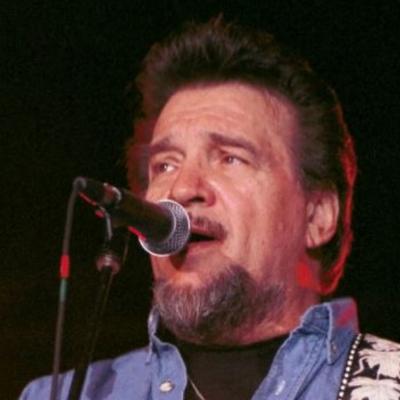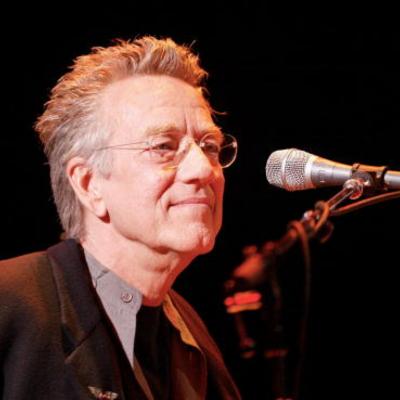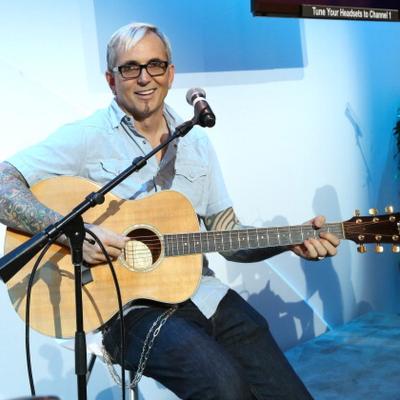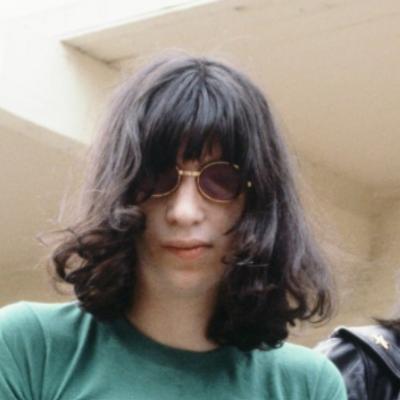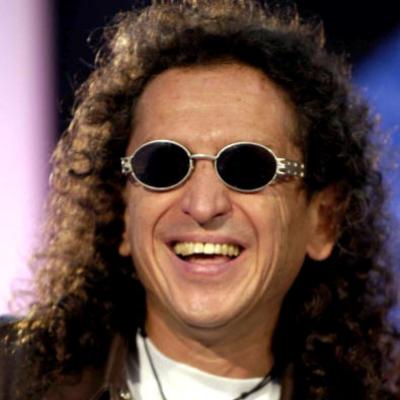What Was Waylon Jennings' Net Worth?
Waylon Jennings was an American singer, songwriter, and musician who had a net worth of $7 million at the time of his death in 2002. Waylon Jennings' mother taught him how to play guitar at the age of eight. At age 12, he started performing on the radio. He worked as a radio DJ and was hired by Buddy Holly to play bass guitar. Jennings was scheduled to be on the flight that crashed and killed Holly, Ritchie Valens, and J.P. "The Big Bopper" Richardson.
In the 1970s, Waylon joined the Outlaw movement and recorded albums such as "Lonesome, On'ry and Mean," "Honky Tonk Heroes," "Dreaming My Dreams," and "Are You Ready for the Country." Jennings struggled with cocaine addiction in the '80s before joining The Highwaymen, which also featured Willie Nelson, Johnny Cash, and Kris Kristofferson. Waylon sang and composed the theme song for the TV series "The Dukes of Hazzard." He was inducted into the Country Music Hall of Fame in 2001. As an example for his son, Jennings earned his GED when he was 52 years old. He won two Grammy Awards as well as the Cliffie Stone Pioneer Award from the Academy of Country Music. He passed away from complications of diabetes on February 13, 2002, at the age of 64.
Early Life
Waylon Jennings was born on June 15, 1937, near Littlefield, Texas, on the J.W. Bittner farm. He was the son of Lorene Beatrice and William Albert Jennings. The Jennings family heritage was Black-Dutch and Irish. Waylon grew up with three younger siblings, James, Tommy, and Bo. His father worked as a laborer on the Bittner farm before moving the family further into central Littlefield to work at a retail creamery.
Jennings learned to play guitar at the age of eight after his mother taught him. His mother eventually bought him his own guitar, and Waylon would often perform at family gatherings and then make appearances at local social clubs. He auditioned for a spot on KVOW at the age of 14 and was hired for a weekly 30-minute program after he impressed the owner of the station. He formed a band and played a style of country and western and bluegrass music.
At the age of 16, after a number of disciplinary incidents, Jennings was convinced to drop out of school by the Littlefield High School superintendent. He then worked with his father, who at that time owned a local store. He was still intent on pursuing a career in music.
Career
Jennings began performing at the country radio station KDAV in Lubbock, Texas. He moved to Lubbock in 1956 and began to work as a DJ for the station. Around this time, he also met Buddy Holly, who took a liking to Waylon. Holly eventually hired Jennings to play bass for him during an upcoming tour. The "Winter Dance Party" tour began in January 1959. Before one of the performances, Holly chartered a train for himself and his bandmates, including Jennings. Waylon declined to take the flight. The plane later crashed into a cornfield, killing all on board. Jennings, for decades afterward, reportedly suffered guilt surrounding the crash, as the event would haunt him throughout his life and was a contributing factor to the development of substance abuse problems.
In the 1960s, Waylon signed a contract with Trend Records and experienced modest success with his single "Another Blue Day." He then signed a contract with A&M Records and recorded a number of singles that were released throughout the early 1960s. However, he found little success with the label, which was more focused on folk music at the time. He got out of his contract with the label and signed with RCA Victor in 1965. A year later, he released his album "Folk-Country" followed by "Leavin' Town" and "Nashville Rebel." The releases helped grease the wheels of his developing career. In 1967, he released the hit single "Just to Satisfy You." By this time, he had moved to Nashville and was living with singer Johnny Cash.
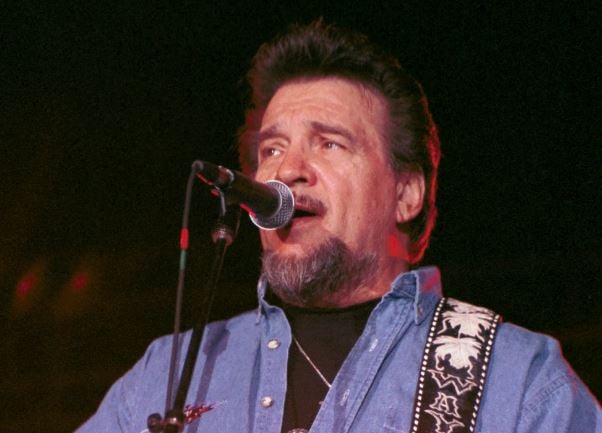
Getty
Though Jennings had experienced some success with RCA Victor, he was frustrated by his lack of artistic freedom. He hired a new manager, Neil Reshen, who helped renegotiate his contract successfully so that Waylon would have more control. In 1973, he released "Lonesome, On'ry and Mean" and "Honky Tonk Heroes." These were the first albums released under Jennings's full creative control and marked a turning point in his career. Throughout the rest of the decade, he would experience great commercial and critical success and release a number of hit albums and singles. His song "Are You Sure Hank Done It This Way" went to #1 on the "Billboard" Hot Country Songs chart. It was featured on the album "Dreaming My Dreams," which went on to become certified gold by the RIAA.
Throughout the 1970s, Jennings became the face of outlaw country, an emerging genre of country music, along with artists like Willie Nelson, Tompall Glaser, and Jessi Colter. He recorded the first country album to go platinum – "Wanted! The Outlaws." He also appeared in films and television series around this time. He joined the supergroup the Highwayman from 1985 to 1995 before slowing down to spend more time with his family.
Between 1965 and 1991, 96 of Jennings's singles appeared on the "Billboard" charts. Eleven of his albums reached the #1 spot on the Top Country Albums chart. He was inducted into the Country Music Hall of Fame in October 2001. After his death, he was inducted into the Guitar Center's RockWalk in Hollywood. In 2007, he was posthumously awarded the Cliffie Stone Pioneer Award by the Academy of Country Music.
Personal Life and Death
Jennings was married four times in his life and had six children. At the age of 18, he married Maxine Caroll Lawrence in 1956. They had four children together – Terry, Julie, Buddy, and Dean – before divorcing in 1962. The same year, he married Lynn Jones. They adopted a child, Tomi Lynn, before divorcing in 1967. He then married Barbara Rood the same year, but the couple divorced a year later. In 1969, Waylon married Jessi Colter, another country singer. She had a daughter, Jennifer, from a previous marriage. Together, they had a son who came to be known as Shooter Jennings.
Waylon struggled with substance abuse throughout his life. He first consumed amphetamines in the mid-1960s while he lived with Johnny Cash. He later became addicted to cocaine. In 1977, he was arrested by federal agents for conspiracy and possession of cocaine with intent to distribute. The charges were later dropped. However, his cocaine addiction intensified throughout the early 1980s. He claimed to have spent around $1,500 a day on his habit and drained his personal finances, racking up multi-million dollar debts.
Jennings did eventually kick the habit in 1984, inspired by his son to do so. In 1988, he also quit smoking. However, by this point, his health was already quite poor. He had diabetes, a poor diet, and was considered obese. He underwent a heart bypass surgery in 1988. By 2000, Waylon could no longer tour due to loss of mobility caused by diabetes. He had his left foot amputated in 2001. In February 2002, Jennings died in his sleep from complications of diabetes at the age of 64.
